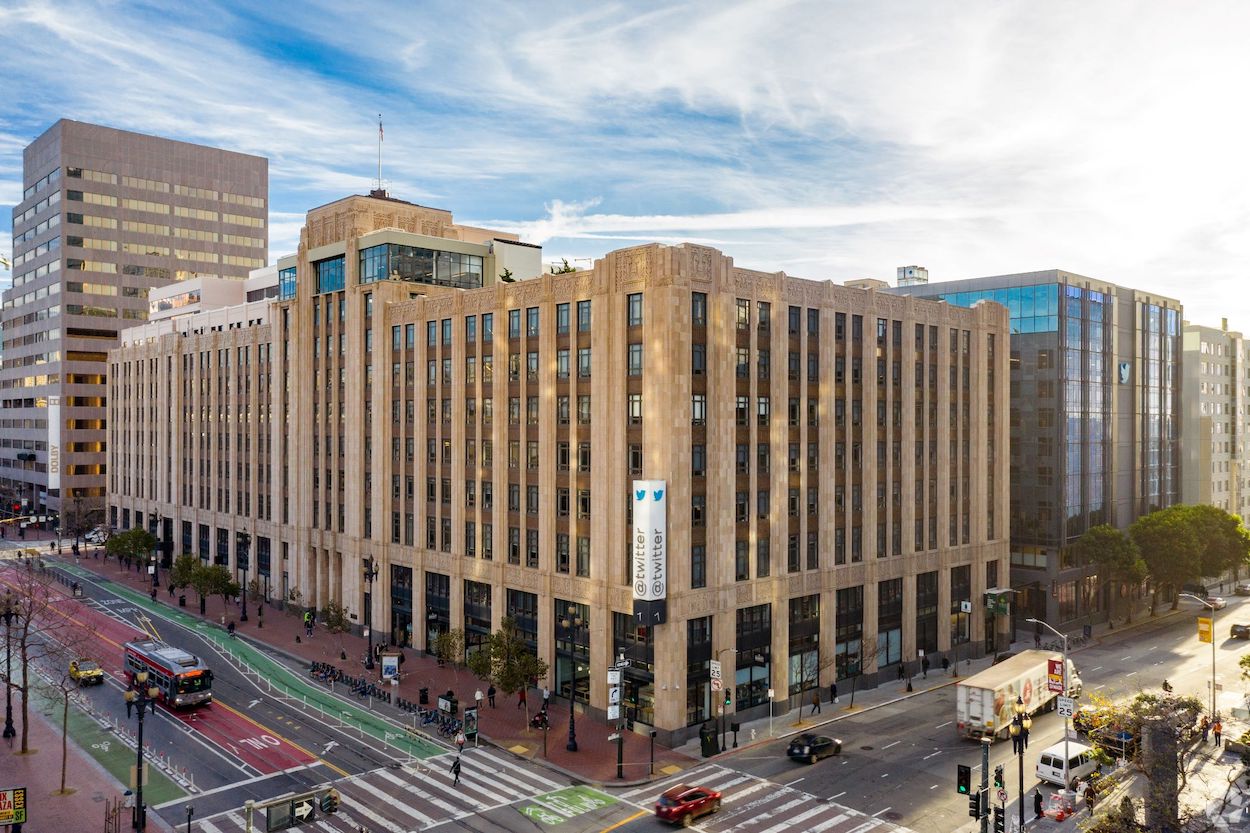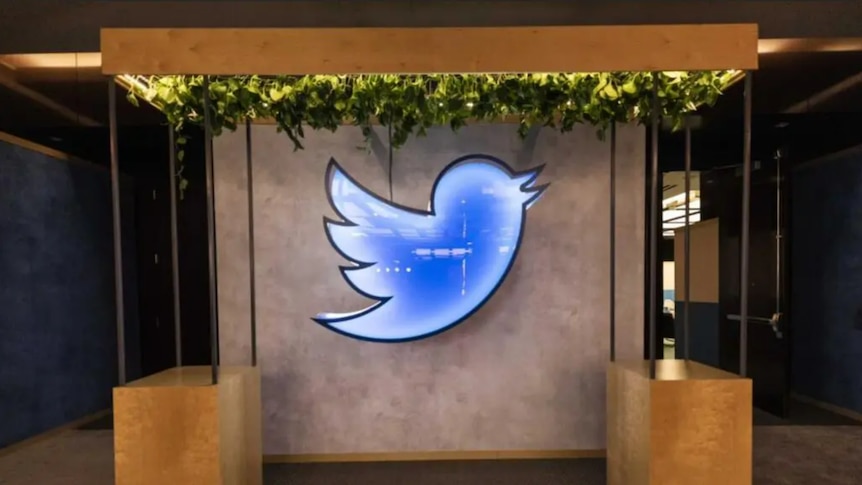Silicon Valley tech workers have been enjoying gratuitous perks for nearly two decades, a trend arguably set off within the Googleplex in the early 2000s. While corporate employees at drab office parks and stolid skyscrapers across the country picked at desk lunches in dreary cubicles, the online search juggernaut’s lucky staffers were busy having their lives catered. Laundry service, exercise classes, foreign language tutors, and personal concierges for dinner reservations were available without having to leave work. Google’s competitors caught on, outdoing each other with over-the-top perks that kicked off a “war for talent” fueled by rapid growth and seemingly endless cash flow.
Times change, of course, and today working in tech is losing its sheen. Plummeting stock prices, pandemic-induced hypervaluations, and a paradigm shift from growth at all costs to profitability have stoked a sector-wide slowdown, whose consequences some predict promises “a recalibration of the employer-employee relationship in Silicon Valley and, in the ultimate labor-relations knock-on effect, every industry that has followed tech’s lead for a generation.” Vanishing perks are simply a lagging indicator of this pendulum swing—or “vibe shift,” in trendy parlance. More immediate signs are Amazon, Microsoft, and Meta each announcing layoffs of 10,000-odd employees. That kombucha on tap might be next.
No company has ushered in Silicon Valley’s chaos era quite like Twitter, which was acquired by Elon Musk for $44 billion in the fall. Faced with the grim finances of a company that hasn’t netted a profit since 2019, the world’s then-richest man axed two-thirds of the company’s 7,500-person workforce and required “extremely hardcore” dedication from those who remained. Tech journalists scrutinized the erratic billionaire’s every cost-cutting move and sudden policy change. The company stopped paying vendors and was sued for back rent on its San Francisco office, where leaked photos of staffers sleeping on makeshift beds prompted a city investigation despite insistence that the overnight stays were self-imposed and a sign of their dedication to a deadline. (If only Twitter branded them as nap pods!)
The extent of Twitter’s controversial transition reached somewhat of an apex last week when the company staged an auction of hundreds of “surplus corporate office assets.” Up for grabs were such oddities as a giant statue of Twitter’s bird mascot, a six-foot-tall @-shaped planter, and a reclaimed wood conference table that each fetched around five figures. Other lots were more desirable, sparking bidding wars: a luxe La Marzocco espresso machine, high-performance Knoll task chairs galore, “kegerators” (i.e. beer fridges), a rotisserie oven, and stationary exercise bikes equipped with laptop stands.
According to Nick Dove, a representative for Heritage Global Partners, which handled the auction, the move has nothing to do with Twitter’s financial position. “They’ve sold for $44 billion, and we’re selling a couple of chairs, desks, and computers,” he told Fortune. “If anyone genuinely thinks the revenue from selling a couple of computers and chairs will pay for the mountain there, they’re a moron.”



